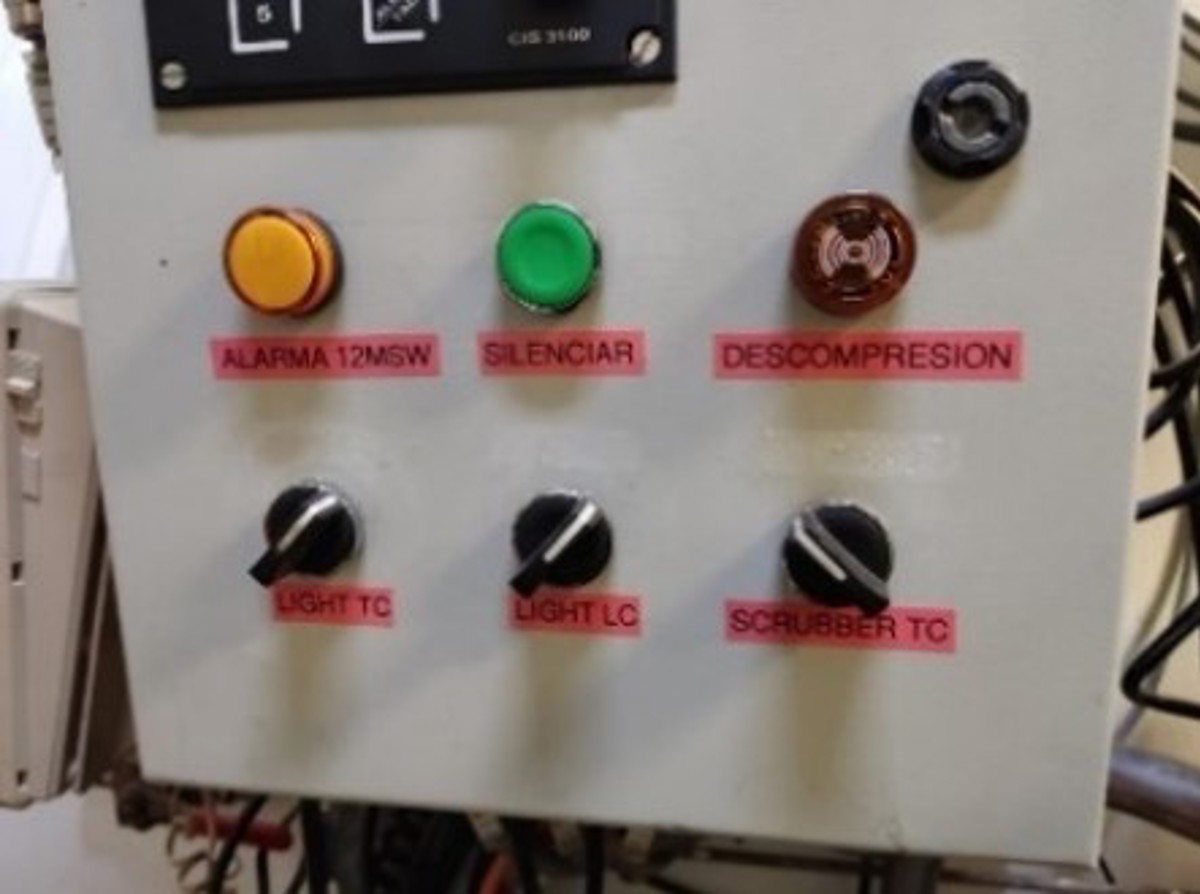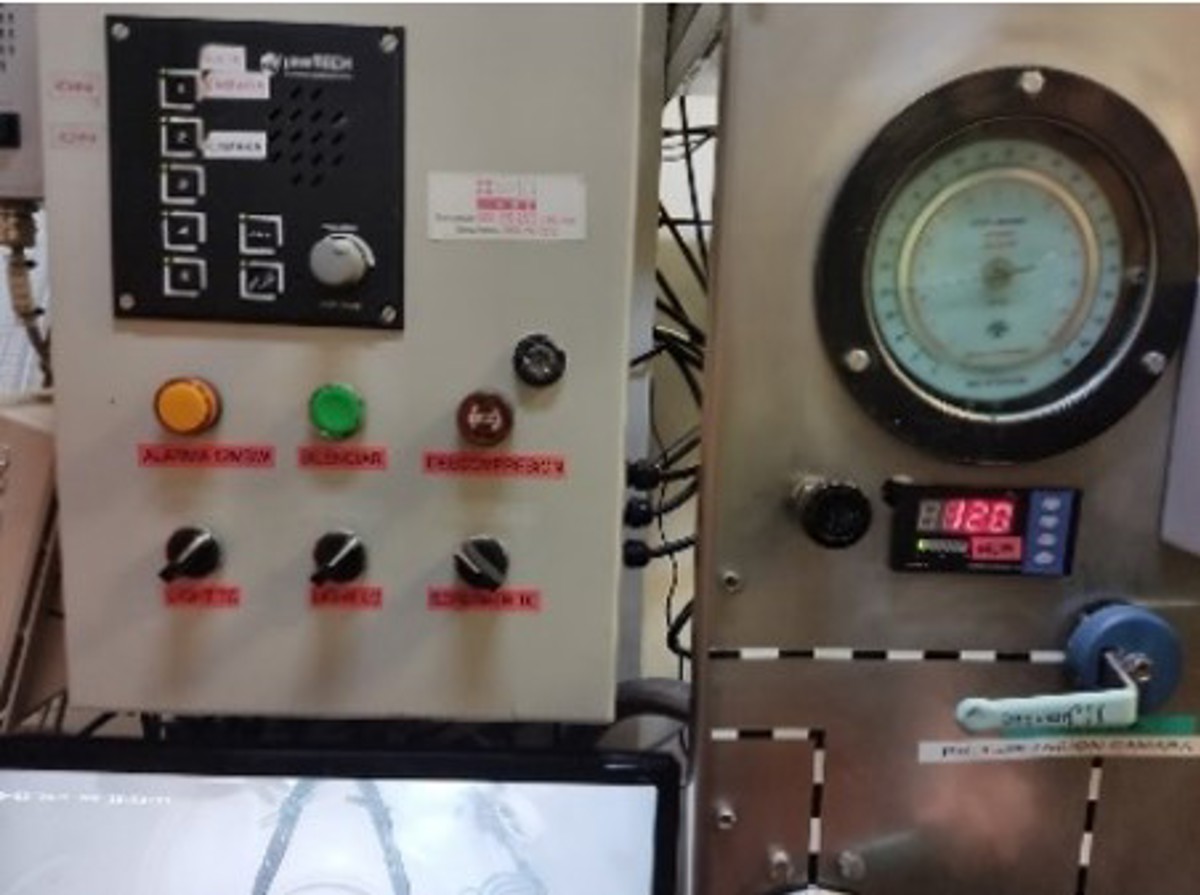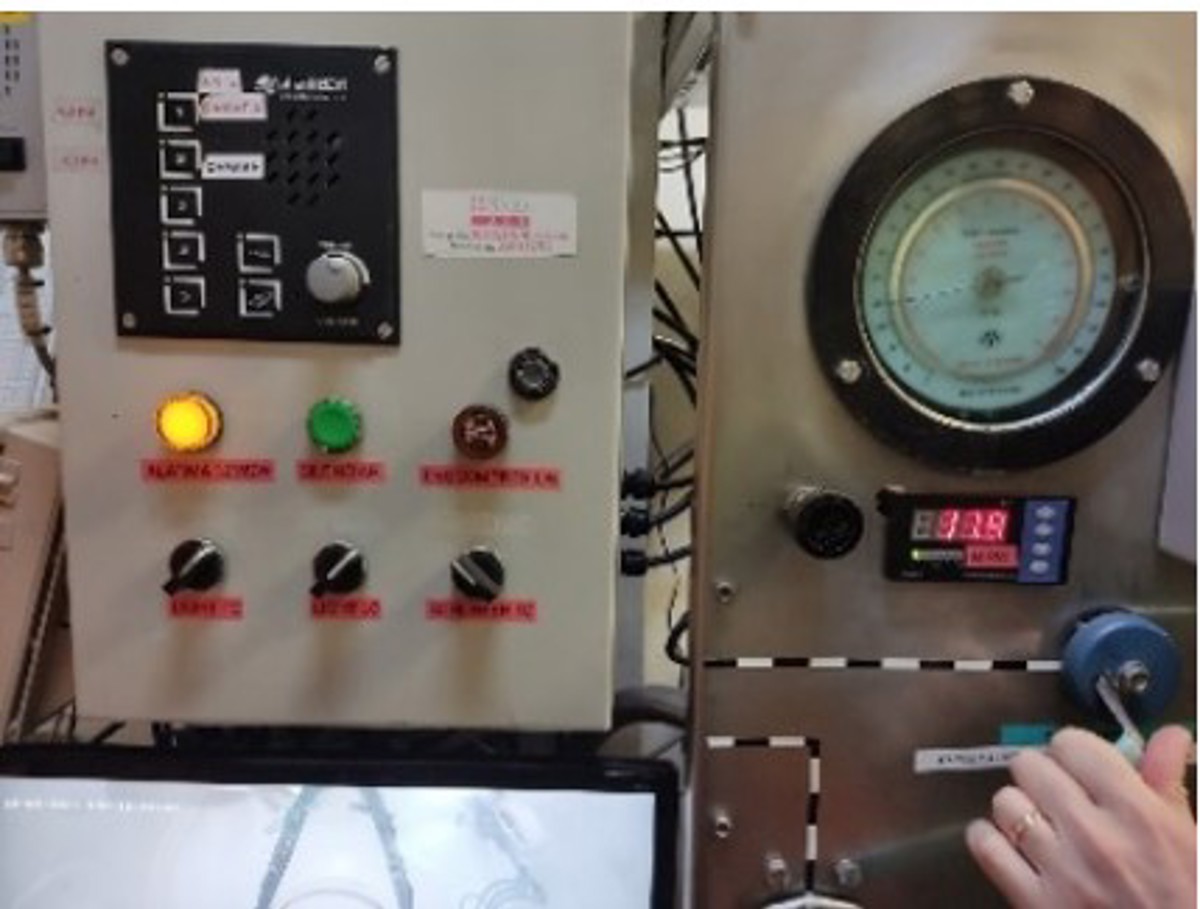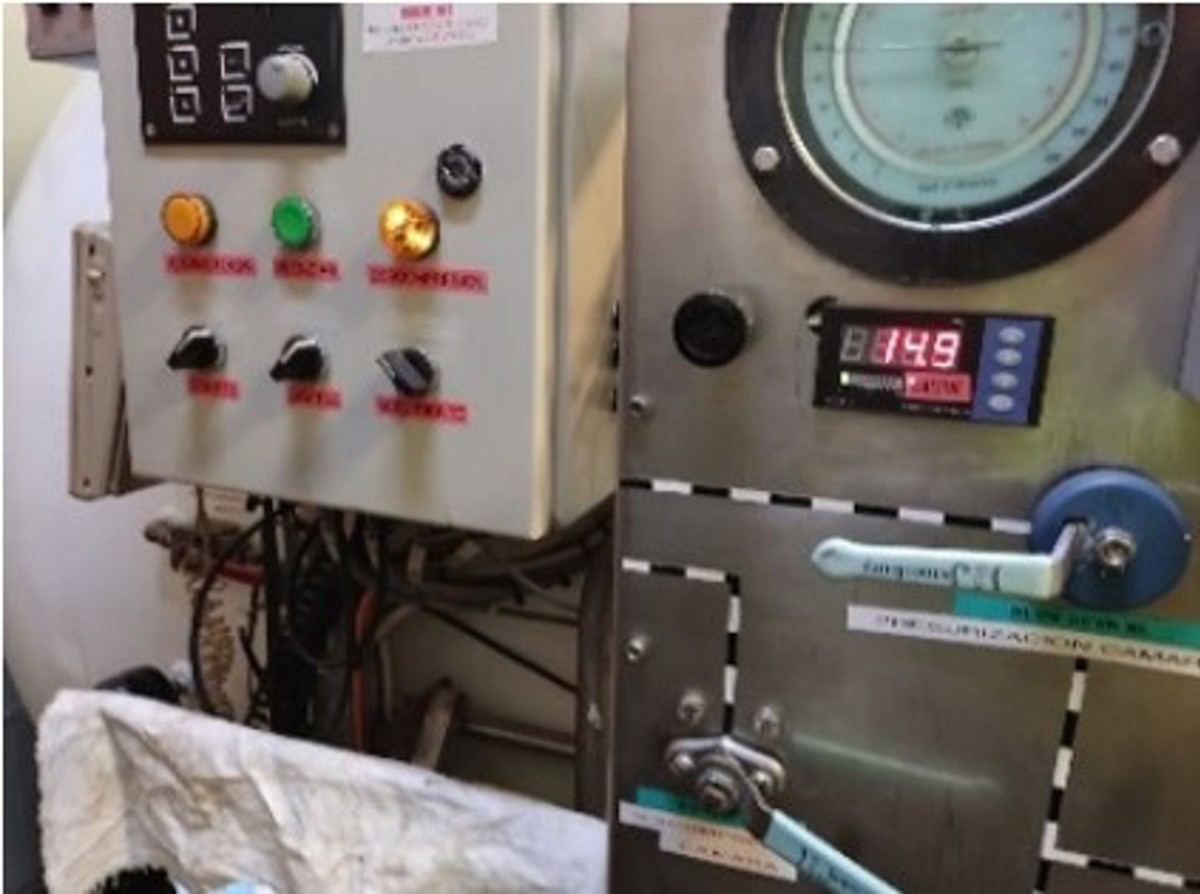Surface decompression near-miss
- Safety Flash
- Published on 31 May 2022
- Generated on 27 February 2026
- IMCA SF 13/22
- 2 minute read
Jump to:
Following a SURDO2 42msw/40min dive, the depth of the chamber was unintentionally decreased from 12msw to 5msw.
What happened?
During surface decompression, following a SURDO2 42msw/40min dive, the depth of the chamber was unintentionally decreased from 12msw to 5msw forty minutes into the decompression. Immediately after this was discovered, Treatment Table 5 was initiated. The divers did not present any symptoms before, during or after the incident.
What was the cause?
Investigation concluded that the two main causes of the failure were:
- The exhaust valve was not completely closed; no technical faults on the system.
- The dive supervisor running the decompression was teaching new divers chamber operation and got distracted. Under local regulations applicable in this incident, it is the supervisor who is responsible for running the chamber.
Corrective action/lessons learned:
- The root cause was the dive supervisor running the decompression, without anyone supervising him (no human second barrier).
- Procedures/manuals were updated to highlight that a diver runs the chamber during decompression, and the dive supervisor controls the diver.
- The chamber panel was modified with a visual and non-mutable alarm for the venting.
- A visual alarm showing depth shallower than 12msw, and an additional camera for the SUPV to see the DDC chamber readings was installed.
Related Safety Flashes
-
IMCA SF 10/22
21 April 2022
-
IMCA SF 15/21
2 June 2021
-
IMCA SF 03/09
5 March 2009
-
IMCA SF 10/04
1 December 2004
IMCA Safety Flashes summarise key safety matters and incidents, allowing lessons to be more easily learnt for the benefit of the entire offshore industry.
The effectiveness of the IMCA Safety Flash system depends on the industry sharing information and so avoiding repeat incidents. Incidents are classified according to IOGP's Life Saving Rules.
All information is anonymised or sanitised, as appropriate, and warnings for graphic content included where possible.
IMCA makes every effort to ensure both the accuracy and reliability of the information shared, but is not be liable for any guidance and/or recommendation and/or statement herein contained.
The information contained in this document does not fulfil or replace any individual's or Member's legal, regulatory or other duties or obligations in respect of their operations. Individuals and Members remain solely responsible for the safe, lawful and proper conduct of their operations.
Share your safety incidents with IMCA online. Sign-up to receive Safety Flashes straight to your email.



